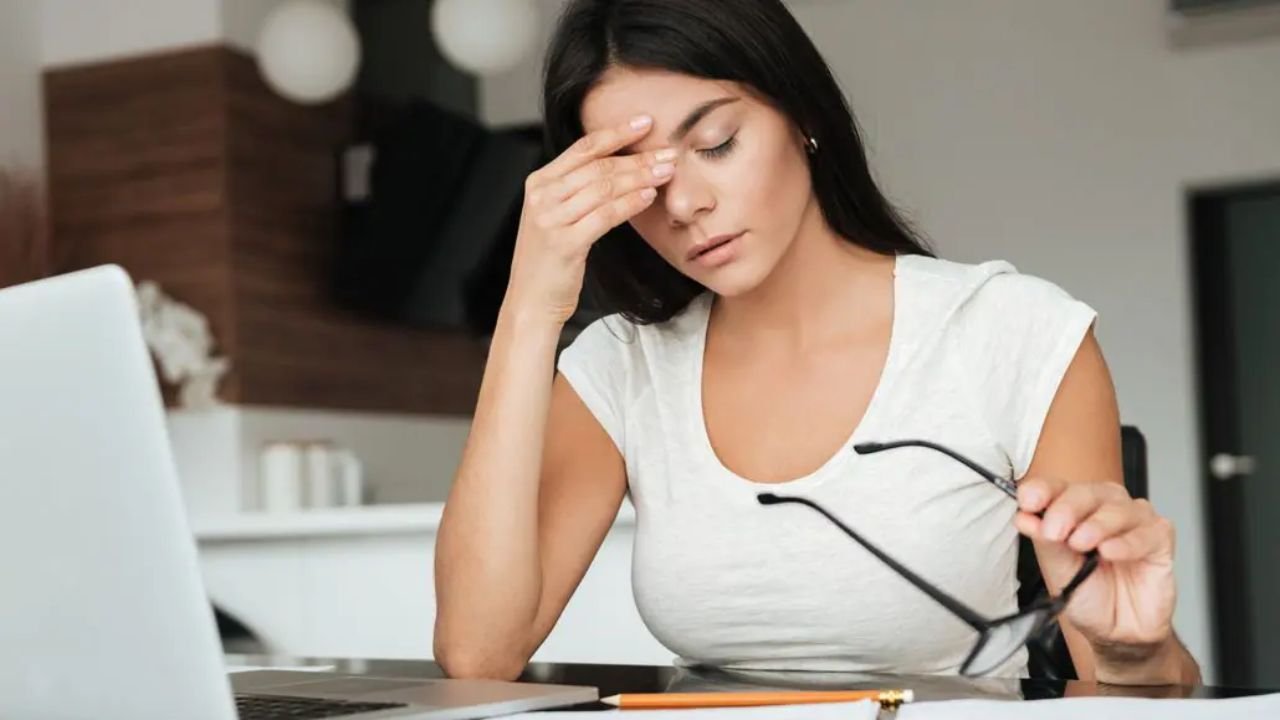Fatigue, low energy, and poor sleep may all share one root cause. Does anxiety make you tired is a question many are asking — and for good reason.
Anxiety isn’t just in your head — it can weigh on your entire body. If you’ve ever felt drained, heavy, or unusually sleepy after a stressful day, you’re not imagining it. Many people living with anxiety report ongoing fatigue that doesn’t go away with rest. And it’s not just mental: anxiety can lead to muscle tension, sleep disruption, and long-term exhaustion that feels physical. Some healthcare providers, including the concussion clinic, note that patients with chronic anxiety symptoms often experience overlapping issues like brain fog, persistent tiredness, and nervous system dysregulation, even without clear external stressors. But what’s going on inside the body when anxiety makes you tired? Let’s explore what science says about the link between anxiety and fatigue, and what you can do to feel more like yourself again.
Why Does Anxiety Make You Tired?
Anxiety activates the body’s stress response — a built-in system meant to protect you in dangerous situations. But when that system stays switched on for hours, days, or even weeks, it starts to wear you down. Chronic anxiety keeps your nervous system in a constant state of alertness. Stress hormones like cortisol and adrenaline circulate longer than they should, making it harder for your body to return to a calm, restorative baseline. Over time, this “always on” mode can lead to deep, full-body fatigue — even if you haven’t done anything physically demanding. Many people describe it as a kind of heaviness or shutdown: your mind races while your body begs for rest. But no matter how much you sleep or relax, the exhaustion often lingers. That’s because your system isn’t just tired — it’s overstimulated and depleted at the same time.
Can Anxiety Cause Fatigue, Tiredness, or Sleepiness?
Anxiety doesn’t always show up as racing thoughts or a pounding heart. For many people, it feels like something slower and heavier, like foggy thinking, physical tiredness, or the urge to nap in the middle of the day. And yes, anxiety can cause fatigue, tiredness, and even sleepiness, despite what you might expect from a “hyperactive” mental state. Unlike depression, which is often associated with low motivation and emotional flatness, anxiety tends to involve tension, restlessness, and overactivity. But that overactivity takes a toll. Your brain and body burn through energy trying to manage constant internal stress, leaving you drained, even if you didn’t “do” anything physically exhausting.
Sleep patterns are also disrupted. Many people with anxiety report difficulty falling or staying asleep, but even when they sleep through the night, it’s often shallow or fragmented. The result? You wake up tired. You feel drowsy during the day. And you may struggle to concentrate or stay alert, even during quiet moments. If you’re experiencing daytime sleepiness without a clear medical explanation, anxiety may be a contributing factor, especially when it’s combined with tension, overthinking, or irregular sleep habits.
When Anxiety Feels Like Extreme Exhaustion
Sometimes anxiety doesn’t just make you tired — it leaves you completely wiped out. You might wake up feeling like you haven’t slept at all, or hit a wall of exhaustion halfway through the day. This isn’t ordinary fatigue — it’s the result of your body and brain running on overdrive for too long. Anxiety affects the body as much as the mind. Muscle tension, shallow breathing, elevated heart rate, and constant hypervigilance can quietly drain your physical energy. Mentally, persistent worry, racing thoughts, and emotional overload deplete your cognitive capacity. Together, they create a kind of exhaustion that rest alone often doesn’t fix.
This can show up as:
- Feeling tired no matter how much, you sleep
- Needing frequent breaks from simple tasks
- Mental fog or lack of motivation
- Physical heaviness or weakness
This state of anxiety-induced exhaustion can build slowly or hit all at once. Understanding its root helps you respond to it not with guilt, but with care.
Can Anxiety Make You Tired All the Time?
Yes, can anxiety make you tired all the time is not just a common search, but a valid question for many people experiencing chronic exhaustion. Anxiety doesn’t always show up in sharp, isolated episodes. For some, it lingers in the background every day, draining physical and mental energy over time. This persistent state of alertness keeps your body and brain on edge, even when there’s no immediate threat. Overstimulation of the nervous system, disrupted sleep, and constant muscle tension contribute to a cycle of fatigue that doesn’t go away with rest. You might sleep through the night and still wake up tired, or feel worn down before the day even begins. If you find yourself saying, “I’m always tired but nothing helps,” or “I don’t know why I have no energy” anxiety could be a hidden factor. When left unmanaged, it can result in low energy, reduced motivation, and the feeling that you’re never truly rested.
Fatigue From Anxiety: How to Cope
Fatigue from anxiety can be frustrating, especially when rest doesn’t help. If you feel drained but can’t slow down, your body may be caught in a cycle of stress that needs more than just sleep to break.
Here are practical ways to manage anxiety and tiredness without pushing yourself harder:
Prioritize Sleep Without Oversleeping
Poor-quality sleep is one of the biggest contributors to anxiety and tiredness. Focus on going to bed and waking up at the same time each day. Limit screen time before bed and avoid caffeine or alcohol late in the evening. These steps can support more consistent, deeper rest, not just longer sleep.
Use Movement to Recharge
Although you may feel like doing nothing, light physical activity can help when anxiety makes you tired. A short walk, stretching, or low-impact exercise can improve circulation and signal your body to shift out of stress mode. You don’t need to “push through” — just move gently.
Try Relaxation Techniques for a Daily Reset
Breathing exercises, grounding techniques, and guided meditation are useful tools when anxiety is making me tired. These practices help regulate the nervous system and reduce the internal noise that keeps you overstimulated and exhausted.
Reach Out for Support
If anxiety makes you tired all the time, professional support can help you break the cycle. Therapy, especially cognitive behavioral therapy (CBT), can help reframe anxious thoughts and reduce their physical toll. You’re not lazy — you’re running on empty, and it’s okay to ask for help.
Final Thoughts: Anxiety and Tiredness Are Deeply Linked
Feeling tired all the time isn’t always about how much you sleep — sometimes, it’s about how much you carry. The link between anxiety and tiredness is real, and many people silently live with its effects every day. If you’re wondering, “can having anxiety make you tired?” or “does anxiety make you tired all the time?”, the answer is yes — and you’re not alone. From nervous system overload to restless nights and constant tension, anxiety causes fatigue in ways that aren’t always obvious from the outside. Acknowledging what you’re feeling is a vital step. Whether it’s setting better boundaries, practicing grounding exercises, or talking to someone, your energy matters — and it can come back.



